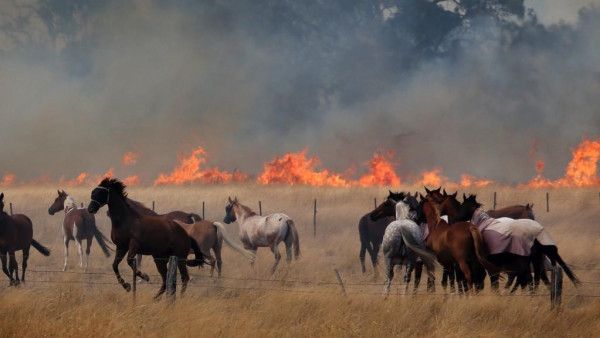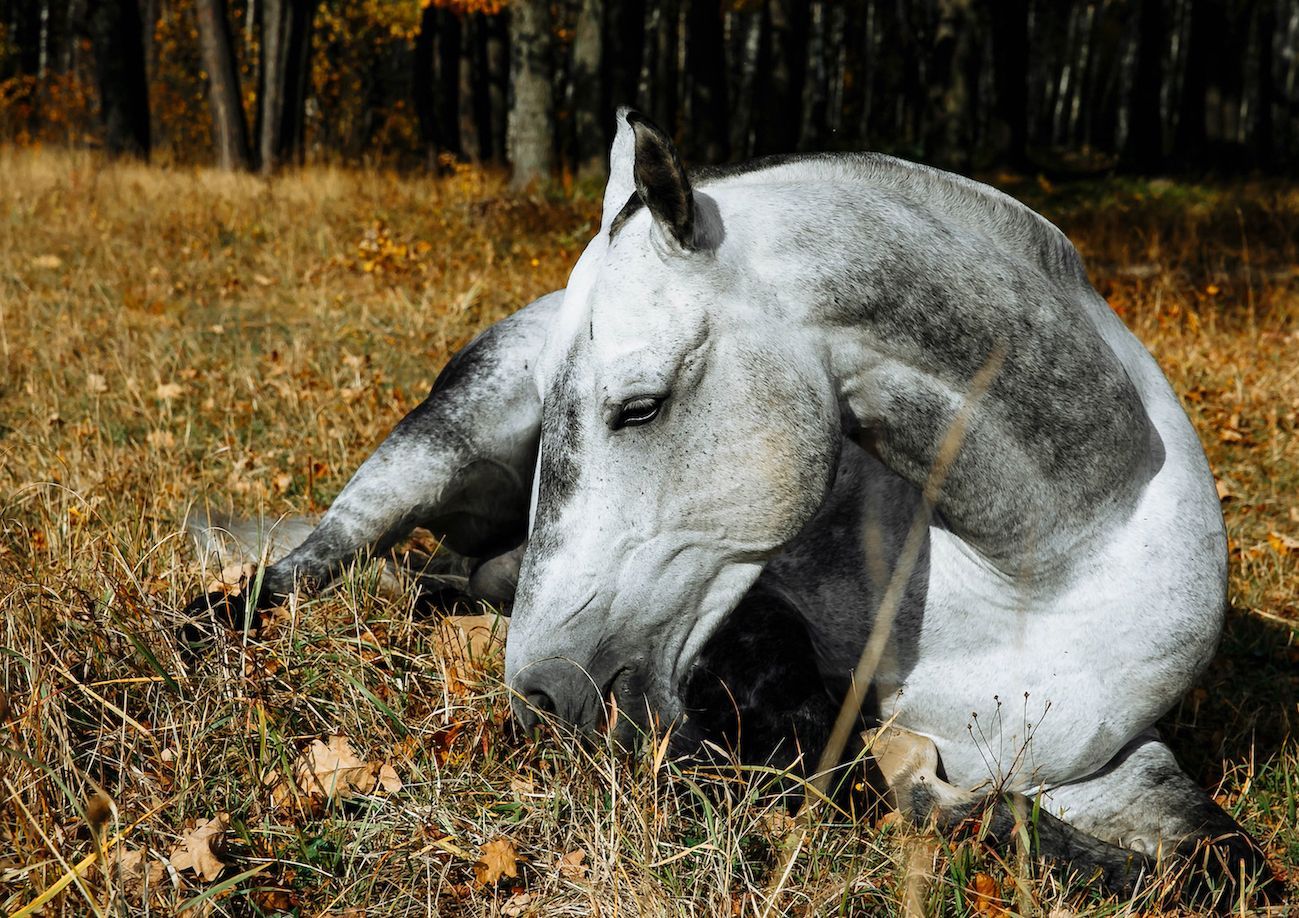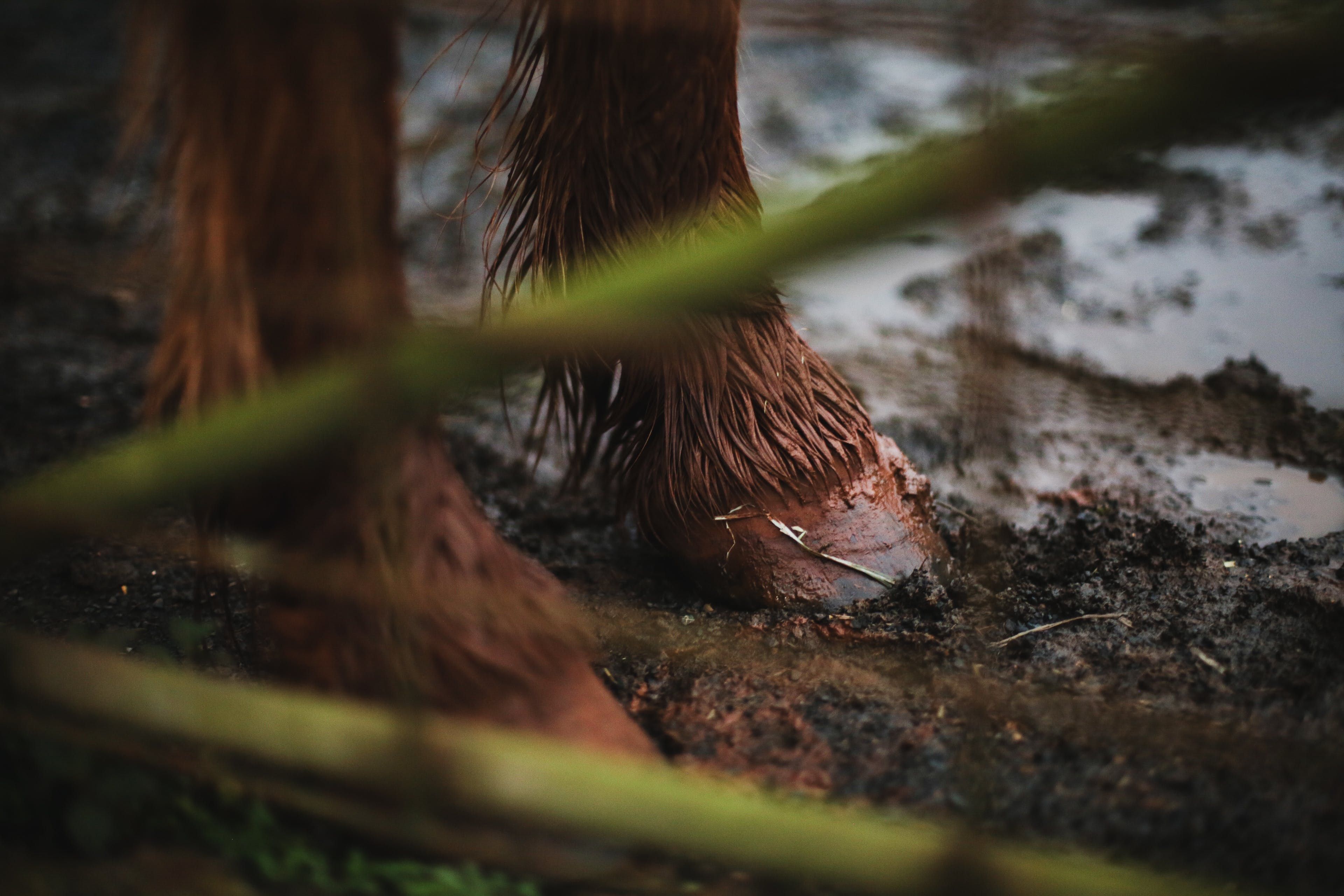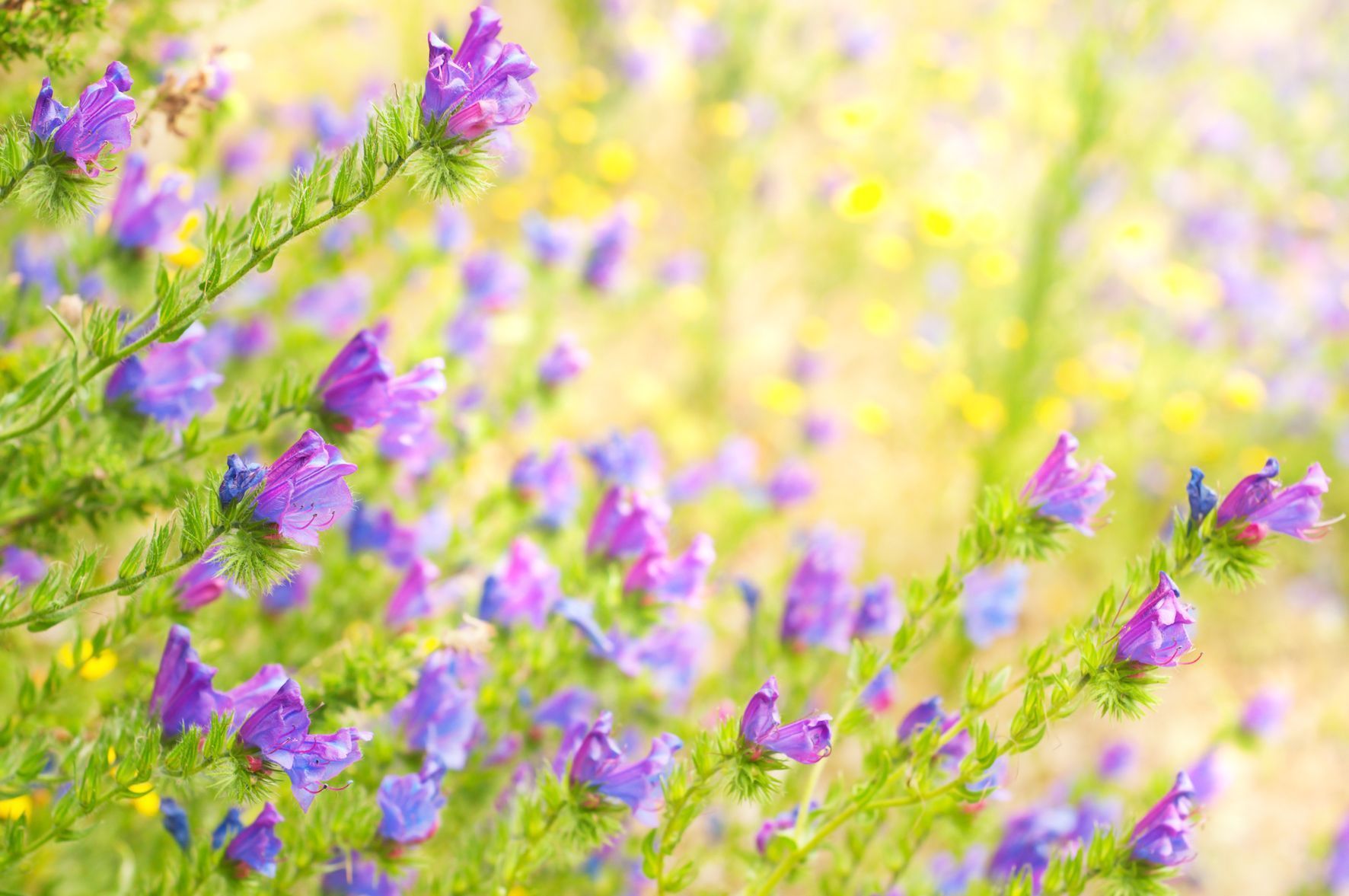
How herbs can help with lung health and smoke inhalation
Australia has experienced some of the worst forest and bush fires on record in the last ten years. As a result the skies can be filled with smoke, ash, dust and debris. Our animals tend to live, or spend more time outdoors, and may not have any respite from the poor quality air.

Signs and symptoms of colic in horses
Whilst we can’t protect our horses from unforeseen reasons for colic, or eliminate the need for a vet, we can do our best to keep our horse’s digestive systems and nervous systems healthy with a whole food, natural diet, and good management practices, to aid in minimising the risk of possible colic.

Don't let your horse be stuck in the mud when it comes to rain
Apart from the general disruption that heavy rain and storms bring, they can create other issues when it comes to caring for horses. Skin conditions, injuries, contaminated food and water are just some of the challenges...
